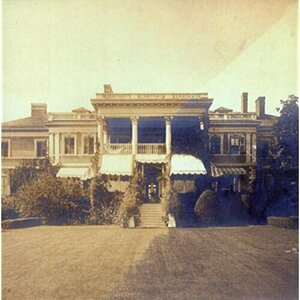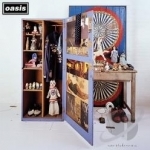
Rock Fall Engineering
Book
Rock falls can be a public safety issue. This book provides comprehensive information on...
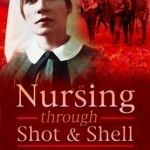
Nursing Through Shot and Shell: A Great War Nurse's Story
Christine Smyth and Vivien Newman
Book
This recently discovered memoir gives an intimate glimpse into the Great War service of Beatrice...
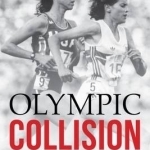
Olympic Collision: The Story of Mary Decker and Zola Budd
Book
It remains one of the most memorable moments in modern Olympic history. At the 1984 summer games in...
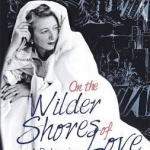
On the Wilder Shores of Love: A Bohemian Life
Lesley Blanch and Georgia de Chamberet
Book
Most famous for The Wilder Shores of Love, her book about four women travellers, Lesley Blanch was a...
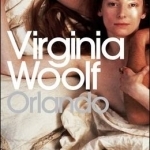
Orlando: A Biography
Virginia Woolf, Sandra M. Gilbert and Brenda Lyons
Book
Once described as the 'longest and most charming love-letter in literature', the Virginia Woolf's...
Adam Green recommended Leave Home by John Davis in Music (curated)
Butch Vig recommended track Live Forever by Oasis in Stop the Clocks by Oasis in Music (curated)
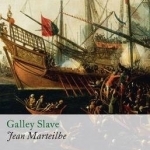
Galley Slave: The Autobiography of a Protestant Condemned to the French Galleys: v. 1: Seafarers' Voices
Book
This remarkable memoir tells of the miseries of Jean Marteilhe of Bergerac, 'a Protestant condemned...
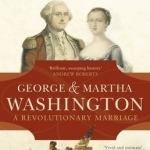
George and Martha Washington: A Revolutionary Marriage
Book
George and Martha Washington, of Mount Vernon, Virginia, were America's original first couple. From...
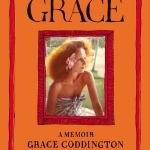
Grace
Book
For decades, Grace Coddington's personal touch has steered wildly imaginative fashion spreads in...
